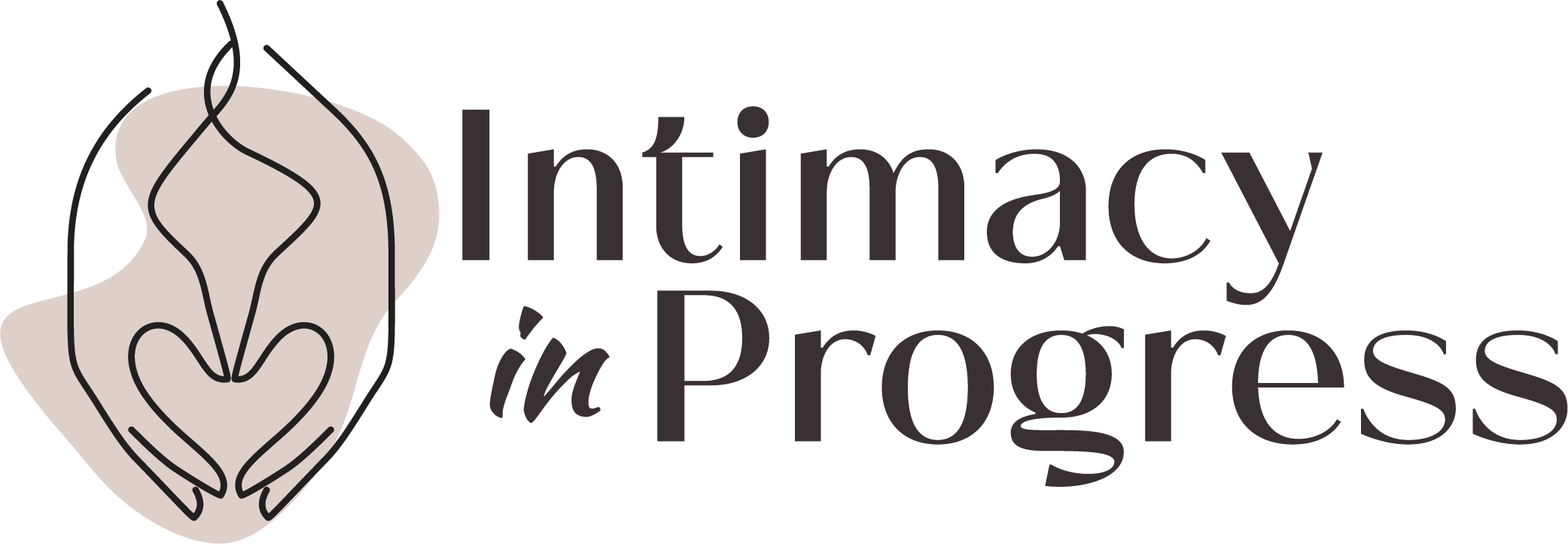Picture this: You’re eight years old, and the whole world thinks you’ve got it all together. Maybe you’re the go-to babysitter for your younger siblings. Maybe you’re the one who runs a tidy lemonade stand during summer break and saves every penny. Your parents, your teachers, your neighbors—they tell you, “Wow, you’re so responsible!” They applaud every time you juggle chores, schoolwork, and extracurricular activities like a pint-sized CEO. It feels good, right? It’s validation 101. But fast-forward to adulthood, and that constant pat on the back for “handling it all” might just be the reason you freeze when you realize, “Actually, I could use some help.”
Welcome to the conundrum of self-reliance gone haywire. This article is for everyone who’s ever spent more time proving that they can do it all instead of simply asking for a hand. Think of it as a candid chat—like the ones you have with a friend in a midtown coffee shop—except this time, we’re delving into the psychological roots behind why so many of us struggle to say, “I need you.”
A Brief Look at “You’ve Got This” Culture
There’s a universal truth: We love a self-starter. Society celebrates the scrappy, the independent, and the unstoppable. Growing up, maybe you were praised for balancing soccer practice and clarinet lessons while still managing to get dinner on the table for your younger siblings. In that moment, the world saw competence. You felt accomplished. But behind the scenes, every word of praise cemented the idea that your worth hinges on going it alone—and doing it well.
Let’s be clear: This wasn’t malicious. In many households, praising independence is the norm. Parents figure it’s better to raise a child who can handle life’s curveballs by themselves. Still, good intentions can have side effects. Over time, a child hears, “You’re so capable,” and what they internalize is, “Needing help is for the less capable.” Fast-forward a decade or two, and you’ve got an adult who’d rather pretend they’re a superhero than admit they’re drowning.
The Slippery Slope: Independence vs. Isolation
Fast-forward to adulthood. You’re used to fixing problems before they even arise. Family gatherings? You’re the one setting up the chairs, organizing the potluck, and coordinating times without being asked. That’s your comfort zone. Until it isn’t.
What happens in a relationship, for instance, when you need someone to step up? Even if it’s just doing the dishes or taking the dog out for a walk while you take a breather? If you’ve been groomed to believe you never need help, you might hesitate, you might overthink, or you might feel a pang of shame just drafting the request in your mind. And if you do ask, and they drop the ball, it’s game over: You’ll likely think, “See? This is exactly why I don’t ask for help.”
It’s a slippery slope. Your partner or friends might see you as fiercely self-sufficient. “They’ve got it covered,” they think. Meanwhile, you’re silently burning out, resenting them for not swooping in to lighten the load. Cue the classic relationship tension: You waiting for them to read your mind, them assuming you’re good because you’ve always been. The frustration is mutual, but the underlying cause is often overlooked: You’ve spent a lifetime training others to think you’re fine on your own.
Why We Feel Weak When We Ask
Let’s get one thing straight: Vulnerability is not weakness. It’s the hardest, bravest thing you can do—like telling a friend you’re struggling, or letting your guard down around someone who matters. But for those who’ve always been labeled “the responsible one,” vulnerability can feel like betrayal of their entire identity.
Here’s the psychological kicker: your sense of self can be deeply tied to that early praise. If you grew up hearing “You’re so good at taking care of things,” your self-worth might hinge on being that ultra-competent hero. Needing help can trigger a mini identity crisis: If I’m not handling everything alone, who am I? And that question can be frightening enough to keep you buried in work and stress, rather than lighten your load by letting someone else help.
The Resentment Loop
Resentment often creeps in where unspoken needs live. You might feel frustrated that your boss piles on projects even when you’ve shown signs of exhaustion. Or maybe you resent your partner for letting you take charge of every household task. But consider this: Have you actually voiced your limits or your struggles? Or does the world still see that go-getter who “doesn’t miss a beat”?
It’s a vicious cycle. Each time you resist asking for help, you reinforce the idea that you’re the unstoppable multi-tasker. That signals to others, “I’m fine. Keep it coming.” Resentment builds. And ironically, the more overburdened you become, the less likely you are to ask for help, because now you’re too tired and too annoyed to let anyone step in. It’s like being caught in a storm with no umbrella, but you keep smiling through the downpour until you’re knee-deep in water
Breaking the Pattern: Rethinking Independence
So how do we make the leap from “I’ve got this” to “I could use a hand”? Let’s not sugarcoat it: asking for help is awkward if you’ve spent decades being lauded for your independence. But with baby steps, it becomes second nature. Here’s where professional counseling or therapy can really move the needle. Therapists see these patterns all the time—a once self-sufficient individual who’s realized burnout is a real thing. Cognitive-behavioral techniques can help rewrite the script in your mind. Instead of “I have to do this alone or I’m a failure,” you slowly learn to think, “Everyone deserves help, and I’m no exception.”
Start Small
Ask a colleague to edit your report before you finalize it. Let a friend drive when you usually insist on being the driver. Each minor instance of accepting help chips away at that ingrained fear of dependence.
Reassess Your Self-Talk
Pay attention to that inner critic that barks, “You can’t handle it? Weak.” Counter it with kinder, more realistic thoughts: “I’m allowed to recharge. This is normal human behavior.”
Communicate Your Needs
In relationships, it’s not enough to say “I need help.” You might need to spell out how you need help. If your partner is used to seeing you juggle it all, let them know that you’ve hit a wall or you’re actively working on shifting this dynamic. Clarity is your friend.
Embrace Healthy Dependency
Dependency sounds like a bad word in a world obsessed with independence, but a healthy interdependence—where both parties lean on each other in balanced ways—strengthens bonds. Admitting you can’t do it all 24/7 is not a sign of weakness; it’s a step toward genuine, stable connections.
Beyond the Superhero Myth
If you think about it, even superheroes have sidekicks and support systems. Batman had Alfred, Iron Man had Pepper Potts, and the Avengers are literally a team. Yet somewhere along the line, we adopted this myth that real strength means never needing another soul. Maybe you tried living that myth your whole life and realized it’s exhausting, not empowering.
The truth is, some of the most resilient, successful people in history are masters at leveraging help—mentors, teammates, close friends who stand by them. Independence is valuable, but so is collaboration. The sweet spot is knowing when to pivot from “I can handle this” to “Let’s do this together.”
The Takeaway: It’s Okay to Unlearn
Ultimately, you’re not doomed to a lifetime of silent suffering just because your parents or teachers once praised you for “handling everything so well.” These behaviors and thought patterns can be tweaked, unlearned, and reimagined. Therapy or counseling can be the gateway to a more balanced life—a chance to see that leaning on people won’t diminish your identity. If anything, it’ll expand your capacity for genuine connection and mental well-being.
So, if you find yourself lying in bed, mentally itemizing every single task you must do alone tomorrow, pause. Ask yourself: “What if I don’t do this alone?” That one question could be the start of a whole new chapter—one where you realize that leaning on others isn’t a betrayal of your strength. It’s a testament to it.
Because yes, you’re still that capable person from childhood. And now, you’re also wise enough to know that even the most capable among us sometimes need a helping hand. After all, real maturity isn’t just about doing everything yourself; it’s knowing when—and how—to say, “I could really use you right now.”





